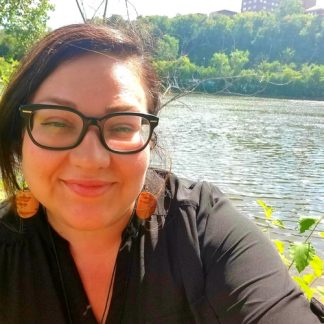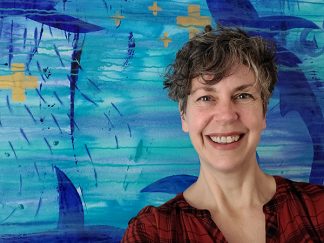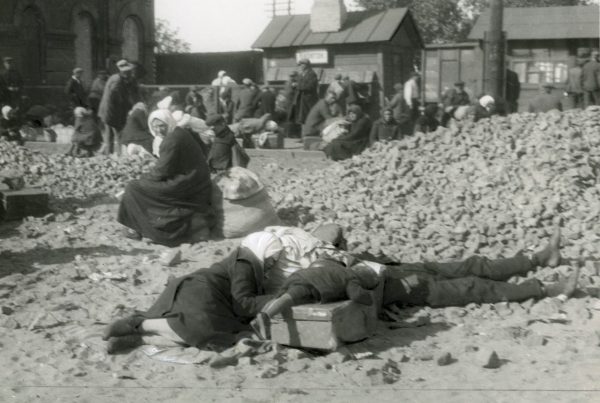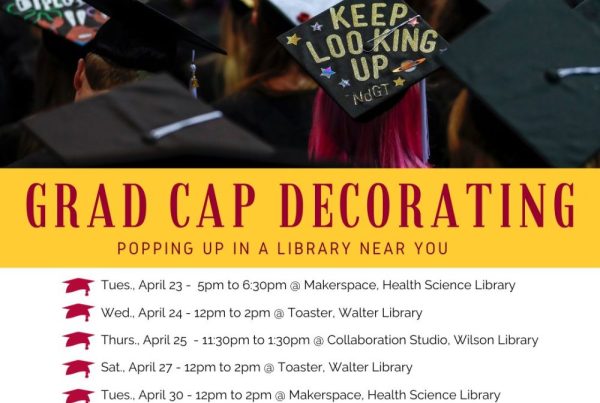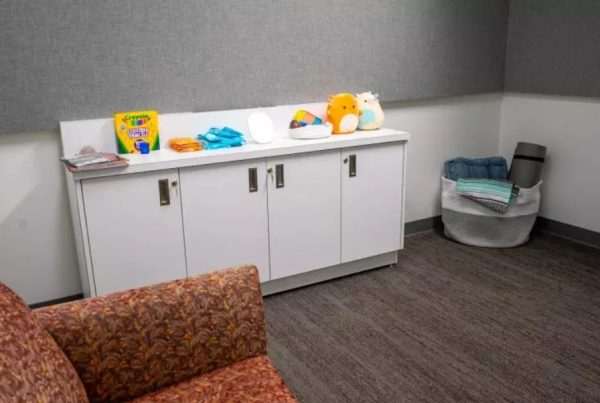By Allison Campbell-Jensen
The University’s Institute for Advanced Study and the Minnesota Indian Affairs Council (MIAC) have teamed up for a collaborative project Towards Recognition and University-Tribal Healing (TRUTH) — and the library staff are key contributors.
MIAC represents the 11 tribal nations in the state of Minnesota. TRUTH is one of the projects under the umbrella of Minnesota Transform, a $5 million higher education initiative funded by the Andrew W. Mellon Foundation. Minnesota Transform “will address transformational decolonial and racial justice in the University, Twin Cities, and state through public humanities projects.”
It’s a “truth-telling project,” says An Garagiola-Bernier, Institute of Advanced Studies Short-Term Fellow. “We’ve sub-awarded our grant money to the 11 tribal nations so they may hire or fund a member of their community to write what the history of University-tribal relations is, from their own perspective, using their own words, and using their own methodologies.”
“The Libraries have just been amazing to provide support services for us.”
—An Garagiola-Bernier
To facilitate that writing of history, Librarians Kat Nelsen and Kim Clarke and Archivist Ellen Holt-Werle have contributed to a Canvas course for the tribal research fellows.
“The Libraries have just been amazing to provide support services for us,” says Garagiola-Bernier.
“I’m very excited to have these voices added to the conversations and to the record and to have them highlighted,” Nelsen says. “Anything we can do to support that is awesome.”
Support for indigenous researchers
In the past, says Garagiola-Bernier, community members did not feel that they could access the University Archives. The TRUTH project creates an opportunity to reach out to communities and let them know they have access to the archives, and removes some of the intimidation that people may feel around seeking information in an archive.
“Being able to say to tribal council members … that they can access that information now, has gone a long way to show we are committed to improving relationships with indigenous people,” she says.
Holt-Werle and Nelsen offered guidance on doing archival research, which Garagiola-Bernier has found helpful. And Holt-Werle provided links to materials in University Archives from the Regents, the President’s office, and other administrative units.
In an introduction to the complexities of archives, she pointed out that: “Sometimes their [archival collections] purpose, meaning, or intent may be difficult to discern, and understanding context may require doing additional research. Also keep in mind that archival collections come about due to deliberate decisions about what to add (or not) to collections, made by people working within institutions with long-standing systems and practices, all of which grow out of and operate within broader societal frames and structures.”
Holt-Werle is looking forward to meeting researchers. And Nelsen is excited by the possibilities.
“We’re trying to give them all the tools they need to do the research they are going to do,” Nelsen says.
Adds Garagiola-Bernier: “Ellen has been fantastic in creating lists of archival materials that may be of interest to our project, so we have those set aside and we’ll be going into the archives in the next week or so to start our analysis.”


